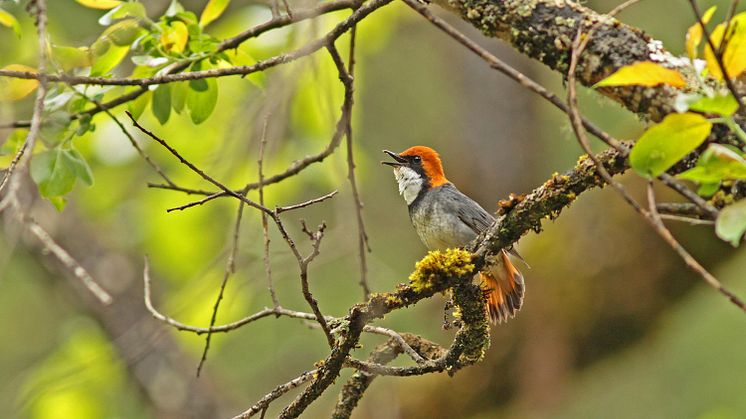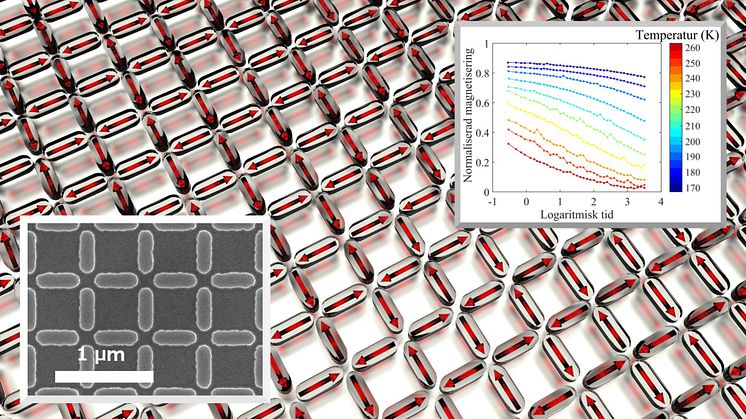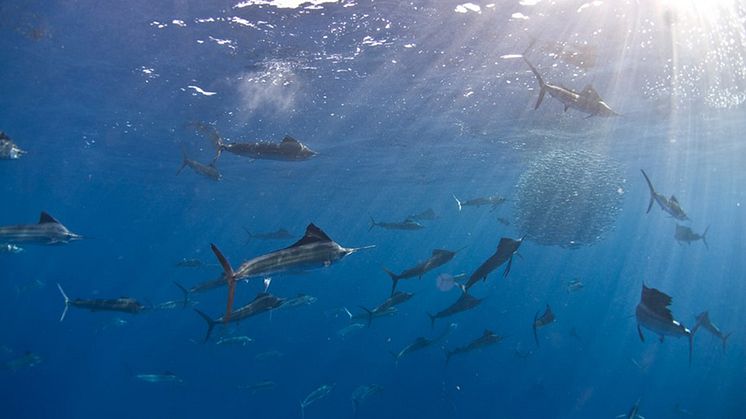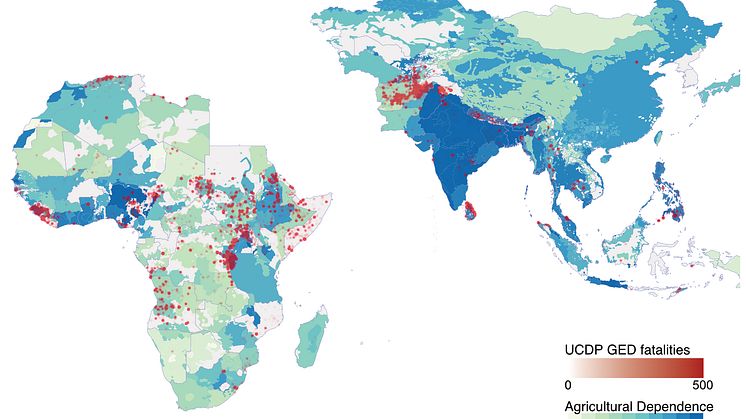Studies of one of the world’s rarest birds, the Rufous-headed Robin
Researchers at the Chinese Academy of Sciences in Beijing and Uppsala University, Uppsala, Sweden have put together all known information about the endangered Rufous-headed Robin. Very few observations have been made since it was first discovered in 1905. The researchers suggest that its distribution might be larger than previously thought.




